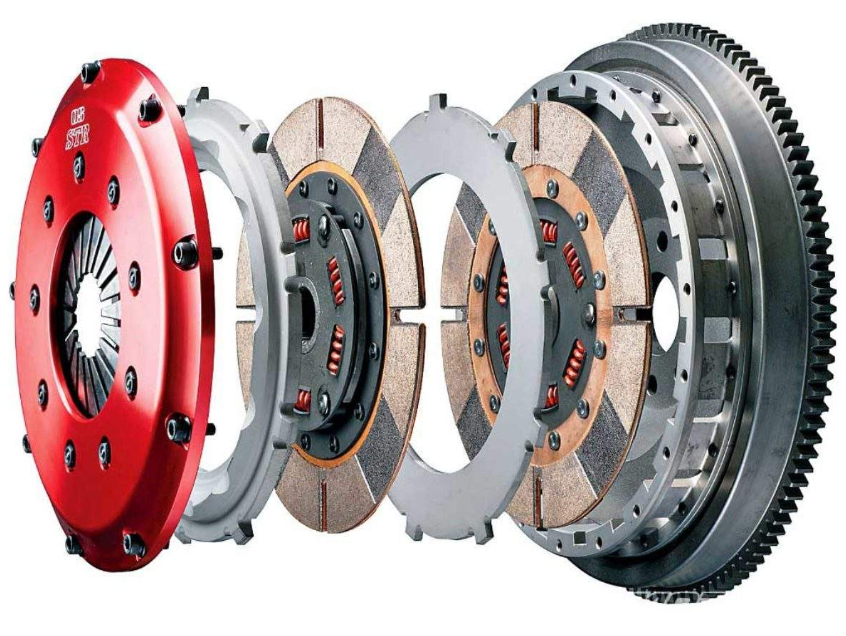Your car’s clutch plate plays a crucial role in the smooth operation of your vehicle’s manual transmission. Over time, wear and tear can take a toll on this essential component, leading to decreased performance and potential safety hazards. Recognizing the signs that indicate your clutch plate needs replacement can help you avoid costly repairs and ensure your car remains in optimal condition. Here are the top five signs to watch out for.
1. Difficulty Shifting Gears
One of the most common signs of a failing clutch plate is difficulty shifting gears, particularly when shifting into higher gears or reverse. You may notice grinding or crunching noises when attempting to shift, or the gear stick may feel stiff or resistant. This indicates that the clutch plate is not engaging or disengaging properly, making it challenging to shift smoothly.
2. Slipping Clutch
A slipping clutch occurs when the clutch plate fails to fully engage with the flywheel, causing a loss of power transfer between the engine and transmission. You may notice a sudden increase in engine RPM without a corresponding increase in vehicle speed, especially when accelerating. This can result in decreased fuel efficiency and acceleration performance, indicating that the clutch plate may need replacement.
3. Burning Smell
If you detect a burning smell coming from your car’s engine bay, it could be a sign of clutch plate damage or overheating. A slipping clutch generates friction and heat, which can cause the clutch plate to burn and emit a distinct odor. Ignoring this warning sign can lead to further damage to the clutch assembly and other transmission components, so it’s essential to address the issue promptly.
4. Vibrations or Jerking Sensations
Worn or damaged clutch plates can cause vibrations or jerking sensations when engaging or disengaging the clutch pedal. You may feel a shuddering sensation through the pedal or steering wheel, especially when starting from a stop or shifting gears. These vibrations indicate that the clutch plate is not engaging smoothly, potentially due to worn friction material or damaged pressure plate springs.
5. Clutch Pedal Feel Changes
Changes in the feel or behavior of the clutch pedal can also indicate you need clutch repair. For example, if the pedal feels spongy or lacks resistance when pressed, it may be due to air or hydraulic fluid leaks in the clutch system. Alternatively, if the pedal suddenly becomes stiff or difficult to depress, it could indicate a mechanical issue with the clutch assembly, including a worn or damaged clutch plate.
Conclusion
In conclusion, recognizing the signs that indicate your clutch plate needs replacement is essential for maintaining the performance and reliability of your vehicle. If you experience difficulty shifting gears, a slipping clutch, burning smells, vibrations, or changes in clutch pedal feel, it’s crucial to have your clutch system inspected by a qualified mechanic.
